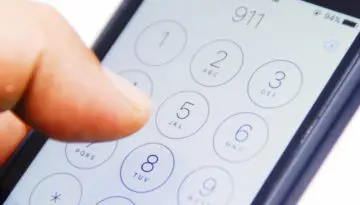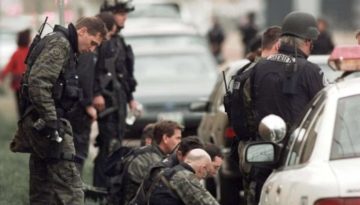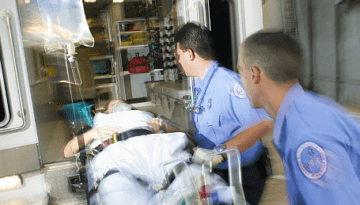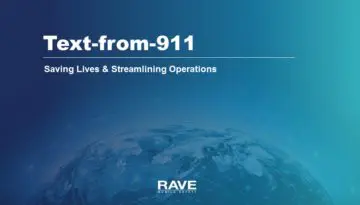Protecting Victims From Intimate Partner Stalking
Domestic violence or intimate partner violence is one of the most prevalent safety issues. Studies have shown that nearly half of domestic violence incidents go unreported. Learn how local law enforcement agencies are protecting domestic abuse victims and the tools available to protect them.








